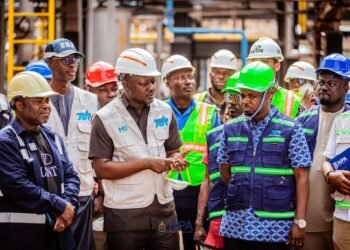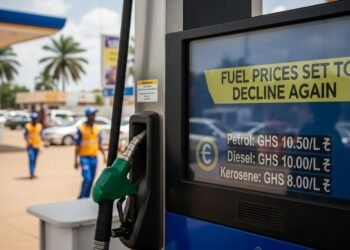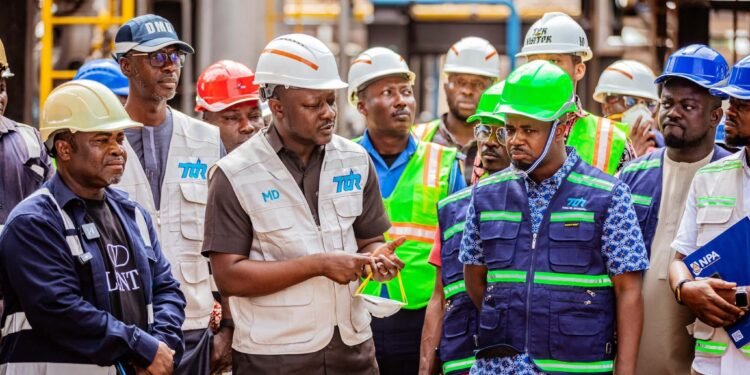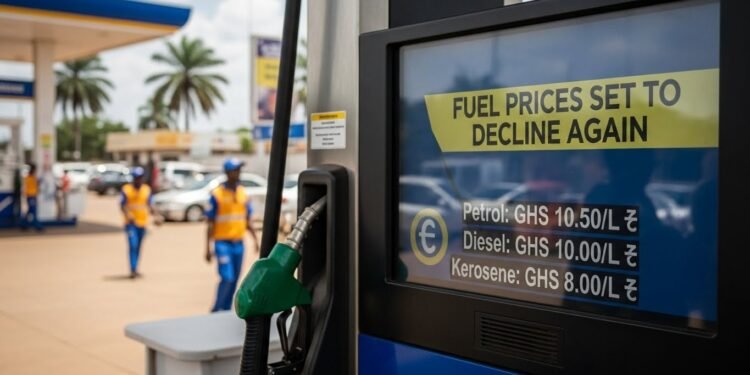Bright Simons of IMANI Africa, a leading voice on policy and governance, has unpacked the implications of the government’s decision to deny Gold Fields a gold mining license renewal for its Damang mine.
He noted that the government’s reasoning blends populist nationalism with a rejection of traditional, externally driven mining models.
In today’s highly nationalistic atmosphere, the emphasis on prioritizing Ghana’s interests and moving away from what is perceived as a colonial-style approach, according to Simons, is likely to resonate strongly with many.
Simons pointed out that the government has taken an assertive stance, declaring that mining companies have grown too complacent.
“The government says that mining companies have become too comfortable in Ghana. That the days of automatic renewal of licenses are over. In fact, it is not only rejecting Gold Fields’ application to keep mining at Damang, but it is also taking over the mine tomorrow. This is where it gets a bit tricky.”
Bright Simons
The Damang mine, while not the flagship of Gold Fields’ operations in Ghana, remains a highly valuable asset.
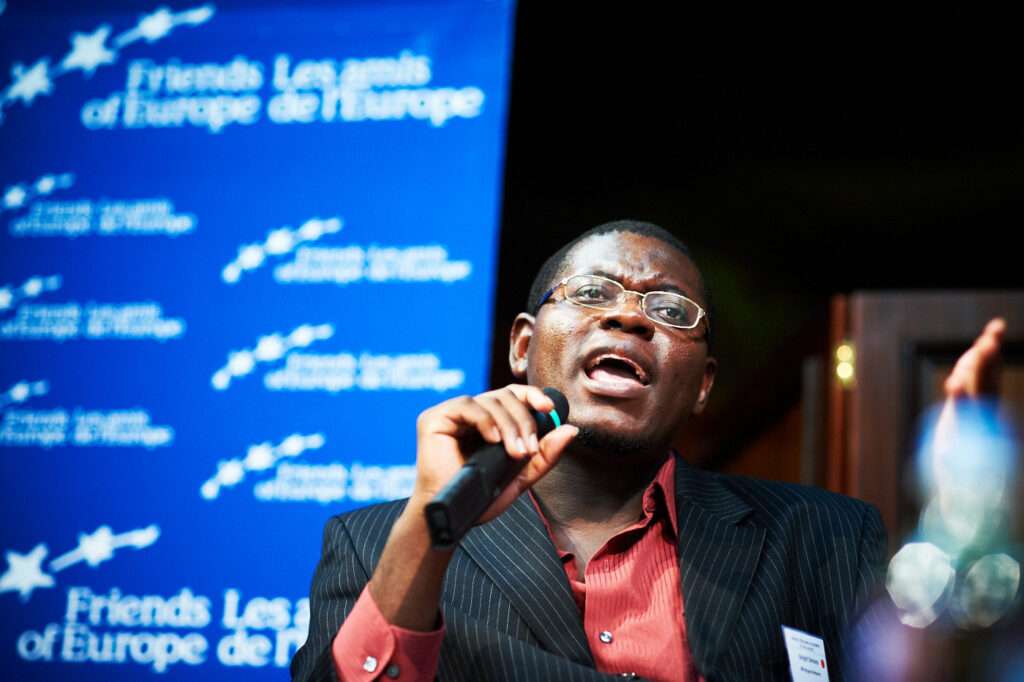
According to Simons, Gold Fields also operates Tarkwa, the largest open-pit gold mine in the country.
“No one doubts that of the two mines Gold Fields runs in Ghana—Tarkwa & Damang—the main one is Tarkwa. It is the largest open-pit gold mine in the country by a stretch.”
Bright Simons
He further explained that Tarkwa is still adding to its resources, while Newmont’s Ahafo mine is showing signs of depletion.
The anticipated merger between Tarkwa and Anglogold’s Iduaprem mine could unlock significant operational efficiencies. Therefore, the Damang standoff may not mark the end of Gold Fields in Ghana, but it certainly signals a turning point.
Govt’s Action Raises Eyebrows Over E&P Ties
Still, Damang holds a prominent position in Ghana’s mining sector. Bright Simons emphasized the economic value of its stockpiles, pointing out that Gold Fields processed over 230,000 tons last year—an amount that, given today’s soaring gold prices, could exceed $700 million. This is a substantial financial stake.
This brings up a critical and potentially controversial question: What happens to the stockpiles?

Accordingly, Simons noted that the government’s takeover plan lacks clarity on whether it expects to inherit these gold-rich piles, accumulated through Gold Fields’ own capital and risk.
The issue gets more complicated given the direct involvement of the President’s brother, who owns E&P, the main contractor at the Damang site. Simons did not hold back:
“Given that the brother of the President is the main contractor (E&P) at Damang, it would look a bit untidy if the government were to resume active mining and then enter into negotiation with E&P on terms.”
Bright Simons
There are serious implications if E&P ends up benefiting from the government’s mining decision.
“Would the govt pay more than Gold Fields? Would analysts interpret the govt’s timing to resume active mining as supportive of E&P’s business since the slowdown at Damang has hit E&P quite strongly?”
Bright Simons
Damang Jobs at Risk Amid Gold Fields Issue
Beyond the economic stakes, serious social implications are also on the line. Damang currently provides employment for approximately 1,500 workers, and Gold Fields has pledged to maintain these jobs despite the site’s complex geological conditions.
Simons challenged the government’s position by asking what concrete plans it has for safeguarding these jobs, especially given its skepticism about Gold Fields’ recent assessment of the site’s remaining gold potential.
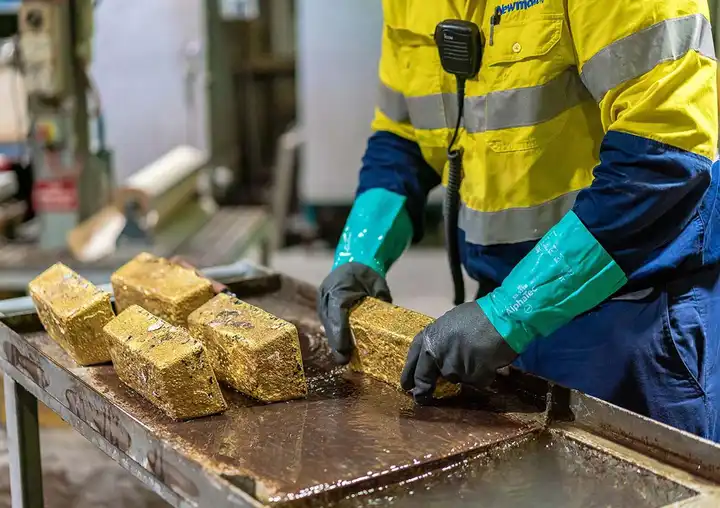
At the core of the issue lies a question of competence: who is truly better positioned to manage a gold mining operation—the Ghanaian government or a global industry leader ranked among the top ten?
Simons didn’t mince words, questioning why the government would have more confidence in its own capacity to locate and extract gold than in that of the world’s seventh-largest gold mining firm.
“Gold Fields says it has a model for sustaining production in a geologically complex mine. It is willing to keep workers and risk capital. What is the govt’s own strategy?”
Bright Simons
Even more concerning are potential conflicts of interest. Simons openly questioned whether political considerations would cloud the government’s judgment.
“Will the govt have what it takes to walk away and cancel E&P’s contracts if it finds out that the gold reserves at Damang are subcommercial, given E&P’s political influence (which cuts across the political divide)?”
Bright Simons
And then there’s the regulatory question. According to Simons, “some very senior officials of the regulator—MinCom—are former E&P staff,” raising further concerns about impartiality.
This high-stakes drama at Damang could redefine Ghana’s mining sector. Whether it results in a patriotic resurgence or becomes another cautionary tale of political overreach remains to be seen.
READ ALSO: Jah Lead Apologises to JMJ Over Threat of Assault




